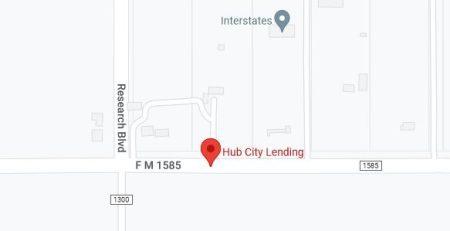What is an Asset?
The term asset refers to a type of economic advantage that people or entities have today, tomorrow, or in the future. Consequently, an asset is anything that you own or that you owe to yourself.
Assets are resources of economic value that individuals, corporations, or countries possess or control for the purpose of future profit. The balance sheet shows assets a company has acquired or developed to enhance its value or benefit its operations. Whether it’s manufacturing equipment or a patent, an asset can be looked at as something that can generate cash flow, cut expenses, or increase sales in the future.
- Assets are resources with economic value that an individual, corporation, or country possesses or controls in hopes of future profit.
- A company’s assets are bought or developed to increase its value or benefit its operations, and they are recorded on the balance sheet.
- A business asset can be anything that generates cash flow, decreases costs, or increases sales in the future, whether it’s equipment or a patent
Asset Definition
The term asset refers to anything that can be converted into cash or a resource of value. A business, individual, or government may own an asset. An asset may create money for a corporation, or it may benefit the company in some way by holding or using the asset. The asset works as follows:
- A resource that has economic value and/or future benefits is referred to as an asset.
- It is often possible, for example, to generate cash flow in the future in the form of machinery, financial instruments, or patents.
- An example of a personal asset is a home, automobile, investment, artwork, or household goods.
- Assets are listed on a balance sheet and are subtracted from liabilities and equity.
Types of Assets
There are majorly four types of assets including:
- Current Assets
These are assets that a corporation hopes to convert into cash in the next year. Cash and cash equivalents, inventory, accounts receivable, and some prepaid expenses are all included.
- Financial Investments
Assets and securities, such as stocks and bonds, are also included in a company’s assets.
- Fixed Assets
These are goods that have a lengthy lifespan, such as machinery and real estate. Fixed assets, unlike short-term assets, are expected to survive longer than a year. Capital expenditure is frequently a fixed asset. Despite the fact that the business will incur the expense in the first year, the expense will normally be spread out across the asset’s useful lifetime on financial statements.
- Intangible Assets
This category includes resources with value but no substance, such as trademarks, patents, and intellectual property.
Asset for Working Capital Loans
Rather than large acquisitions, working capital loans are utilized for everyday operations. Working capital is defined as your current assets minus your current obligations in accounting terms. Cash accounts receivable, and inventory is examples of current assets. Payroll and vendor invoices that must be paid within the next year are examples of current liabilities.
For more information on our financing services please contact Hub City Lending and we will get you on the path to financial success.


Location: Lubbock, Texas, United States
Work:Owner/Broker @ HubCityLending
Education:University of Texas at the Permian Basin, Master of Business Administration, 1999 – 2001



